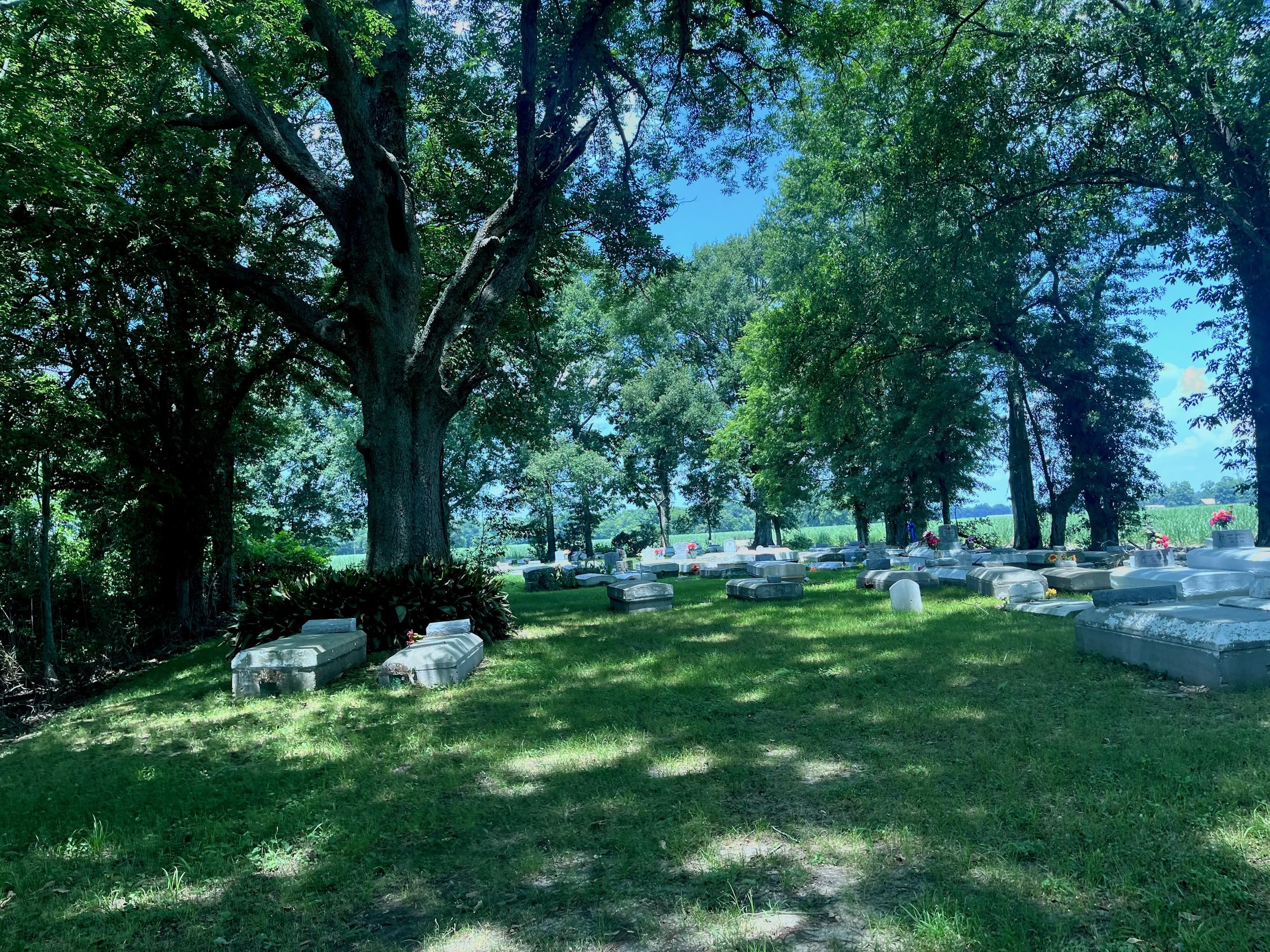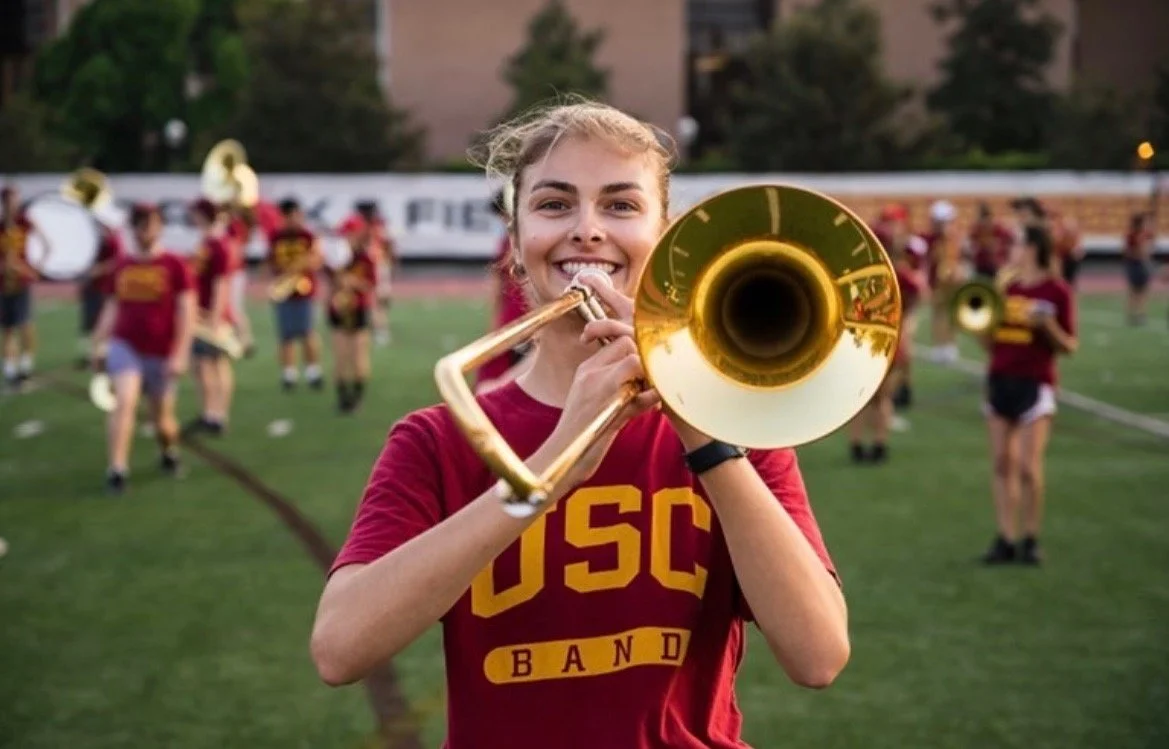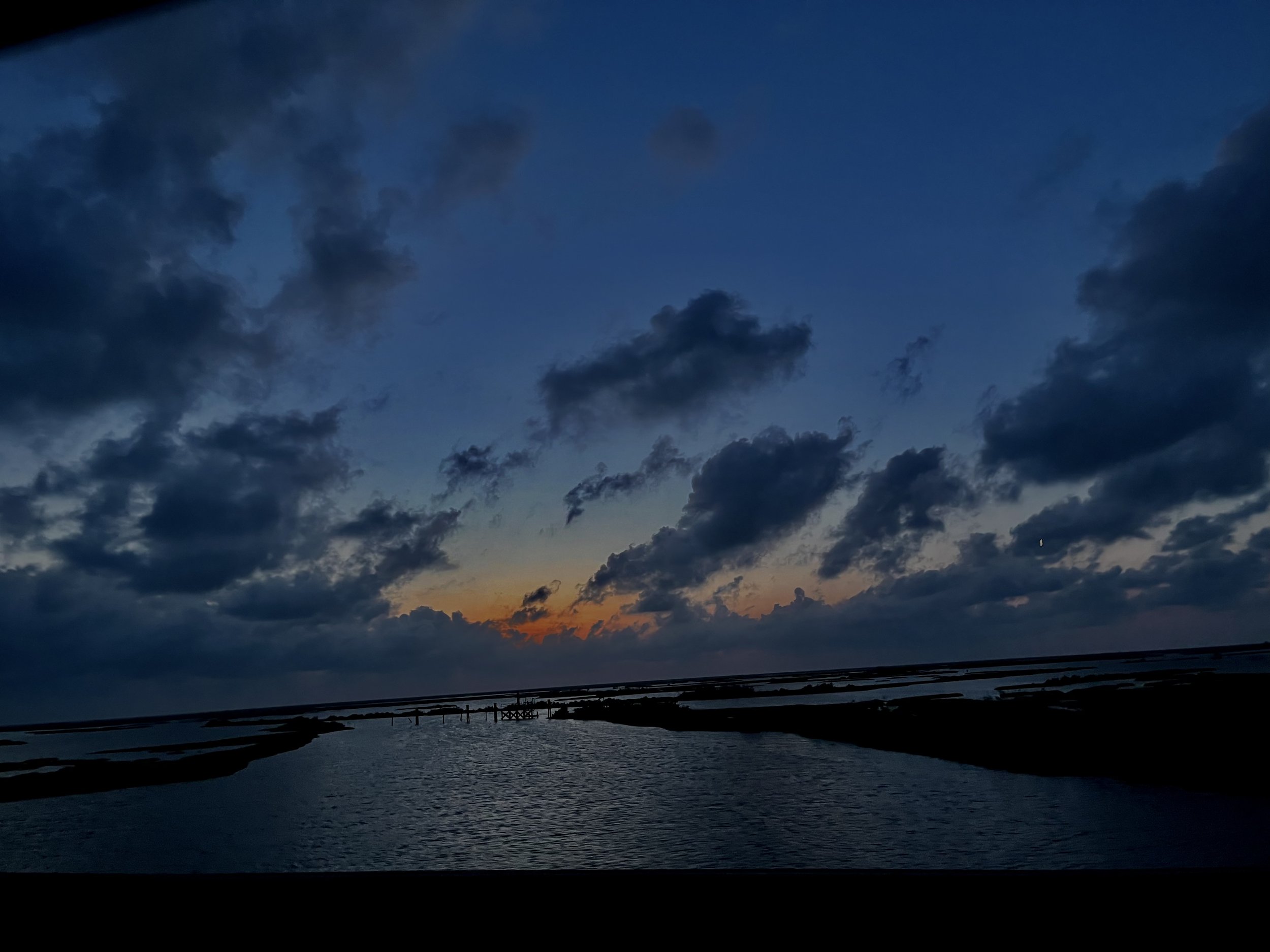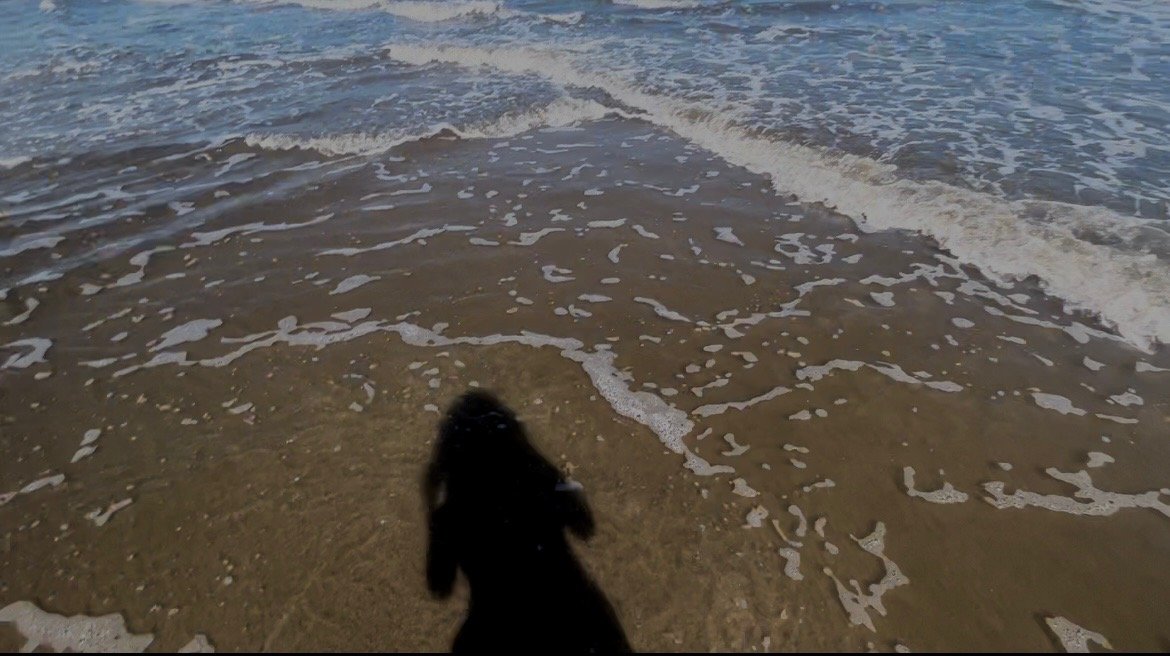New Roads, Louisiana. Have you heard of it? Probably not, and neither did I. I didn’t think that so much of our trip would be exploring these small towns in Louisiana, nor did I think I would grow to love them as much as I did. The beauty of bookpacking is that the novel decides where we go. Sometimes it isn’t the most glamorous location, but I have learned to not "judge a book by its cover" when considering the historical significance of a place.
Author Ernest J. Gaines
Our class read A Lesson Before Dying by Ernest J. Gaines. The novel is set in the 1940s and is about an innocent black man, Jefferson, on death row. A teacher named Grant is instructed by Jefferson’s godmother to make sure that he dies with dignity as a man because his defender had called him a hog. This was done with the intention to portray him as incapable of planning a murder, but it is nonetheless incredibly dehumanizing.
“What you see here is a thing that acts on command. A thing to hold the hand of a plow, a thing to load your bales of cotton… Why, I would just as soon put a hog in the electric chair as this.
”
When we first arrived at the courthouse where Jefferson was convicted, I looked at the steps leading to the door. I imagined Jefferson walking up those steps and knowing he was never leaving. We walked into the courtroom, and it was much more modern than it would have been in the novel. I started questioning what has happened here that I didn’t know of. Sure, it was just a little court room in a small town in Louisiana, but whose lives were changed right here? The story of Jefferson was based off true stories, after all.
The Point Coupee Courthouse that we visited.
One of the cells we visited.
I also thought of the fear that Jefferson must have felt when entering his cell. It is quite difficult to describe the feeling of the jail without stepping foot in it, but it gives you the shivers. The elevator itself felt directly out of a horror movie – it was deep in a janitor’s closet and pitch-black. There was a caged barrier in the elevator to separate the deputy from the prisoner. With no lights available, our guide had to use her phone light.
Upon entering, I was surprised by how small it was. Gaines had a way of making places seem bigger through writing as so much happens in these locations. The cells had enough room for one bed and a toilet; not much else. There was no air conditioning, and while it was hot when we visited, I can’t imagine what it must have been like at the peak of summer. I imagined Jefferson sitting there day after day. I also thought of his visitors. No wonder his godmother and the others requested a conference room – I can’t imagine four people in his cell at once with barely enough room for a single person! Below is a description of the cell from the novel.
“The cell was roughly six by ten, with a metal bunk covered by a thin mattress and a woolen army blanket; a toilet without a seat or toilet paper; a washbowl, brownish from residue and grime… a single light bulb hung over the center of the cell”
The execution room and room for solitary confinement were especially discomforting. The execution room was the most spacious as it was the only women’s cell, but this was because there were 4 women in the cramped space. There was a concrete slab on the ground, and the guide told us this is where people were hung. My brain couldn’t help but wonder if the women would be there for these hangings, or if they were asked to leave, knowing people repeatedly died where they slept. It is further unsettling that the people who died here never left – they suffered in the cells until they walked to this other one where they would face the end of their life. And as for the solitary confinement room, it was equally as small as the other cells except with a covered window and walls of pure metal. There was a little slot for the prisoner to receive their food. The cells themselves are already nightmarish, so I cannot even begin to fathom the mental toll that being in solitary confinement takes on someone.
The recreation area does not deserve this name. It was outside, yes, but there was nothing but white walls. It was blinding to look at while in the brutal sun. All one could see was the sky, the tops of trees, and whiteness.
Now, I asked some of the courthouse staff their opinions on the jail. It is critical to understand that it only became out of use in the 90s. One woman described this environment as truly being a punishment. She said that the prisons today were luxurious even, so why would people want to leave? She seemed to imply that what we had seen made more sense as a prison. I will say that I disagree with her because what I saw felt outright inhumane, but I can understand her perspective. Another man had actually worked at the prison for six months before it closed. He admitted it to being brutal but also said that the people who came wouldn’t relapse into committing crimes again. Fair point.
Up next on our A Lesson Before Dying bookpacking tour was visiting the plantation where Gaines (and Grant) grew up. While this was the 1940s and official slavery was not taking place in the South, sharecropping was definitely prominent. Individuals, most often African Americans, could work off the land owned by someone else, but the person whose land it was would take a significant amount of these profits. Many people were never able to make enough money to become free from the landowner and would be stuck working on the land for years and years, thus mirroring slavery.
The church and school that we had visited.
The plantation itself was massive – crops extended past where the eye could see. Now all the farming is done by machines, but it is important to remember that people were out in the fields for little to no wages, all day in the burning sun. We saw the church/ school where Grant taught and Gaines attended as a child. The students only went to school five and a half months out of the year as they were needed in the fields. It is evident that their labor was prioritized over their schooling. I cannot fathom Grant teaching grades K-sixth in this small building at the same time. The school was severely underfunded, and Grant had to make it work to the best of his abilities. The below quote shares how he managed to teach all the grades at once.
“I assigned three of my sixth-grade students to teach the primer, first, and second grades, while I taught third and fourth. Only by assigning the upper-grade students to teach the lower grades was it possible to reach all the students every day. I devoted the last two hours in the afternoon to the fifth and sixth grades.”
Gaines had a guest house that mirrored the layout of slave quarters yet was very modern. He also had put a pond in a sugar pot, something that was used to prepare the sugar from the fields for use. It was a brutal process that harmed many of the enslaved people with severe burns. I thought it was powerful Gaines made both the house and the pot something beautiful — I could only infer that this was his way of honoring his people and their stories while also trying to make beauty from an ugly past.
Lastly, we visited the cemetery where those who worked the land were buried, including Gaines himself. It was powerful to see how few people had graves and headstones. Many of the enslaved people were buried without identification, and our guide shared that a lot of the time, the person who died had family members that would plant a tree in honor of them. How many trees were cut down that was actually a memorial? Were we walking in places where people were buried below us, and we didn’t even know? It’s a grim thought.
I really appreciate bookpacking. It is such a valuable way to see different places, and it allows you to look at them with a whole different lens. I didn’t just mindlessly walk through that jail – I thought of Jefferson. I thought of the people working in the fields as I looked across the plantation, and I visualized the students studying in the church, using their seats as desks while they sat bent over on the floor. My brain had clear stories to go along with what I was looking at, making the experience so much richer. I will forever be grateful for this.



























